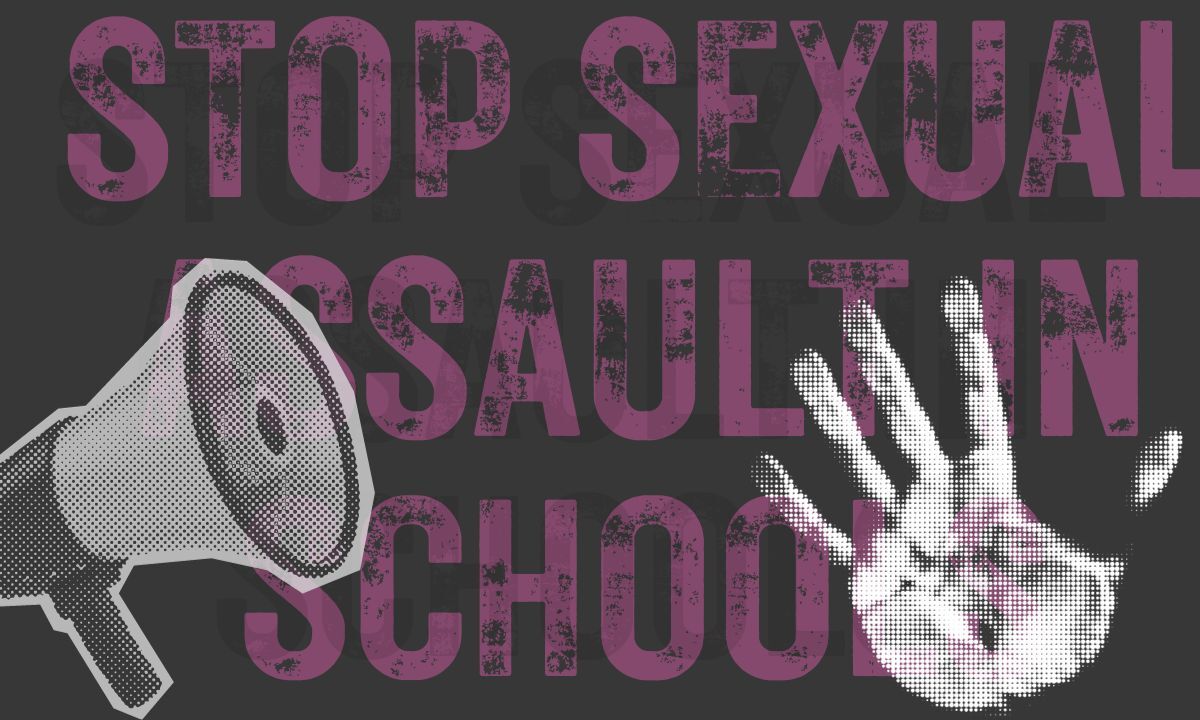New Research Looks for Ways to Reduce Sexual Harassment and Assault in Schools
Levin: School administrators and Title IX coordinators are invited to sign up for focus groups before Jan. 17.

Get stories like this delivered straight to your inbox. Sign up for The 74 Newsletter
The start of the new year presents an extraordinary opportunity for school and district Title IX staff. Researchers at Virginia Commonwealth University are seeking school administrators and Title IX coordinators to participate this month — before Jan. 17 — in focus groups for a study on improving prevention and responses to peer-to-peer sexual harassment and assault in public K-12 schools.
The researchers — “Team TALKS” — are interested in hearing from participants who are passionate about creating schools free of sexual misconduct and would like to share their experiences and insights. They will take part in one 75-minute virtual panel to share their insights, hear from peers and colleagues, and learn about researchers’ findings and recommendations.
Team TALKS wrote to Stop Sexual Assault in Schools — which is collaborating on the research — that “a deeply concerning issue persists and negatively affects the lives of countless young people: peer-to-peer sexual harassment and assault. School administrators and Title IX coordinators are critical in creating a sustainable change that reduces sexual harassment and assault among students in school.” They aim to understand school administrators’ needs in “preventing, investigating and processing incidences of sexual misconduct.”
Obstacles to making sustainable change stem from “the lack of resources to support Title IX compliance, including for Title IX coordinators, who are responsible for ensuring schools are complying with Title IX and responding appropriately to sex discrimination, including sexual harassment,” Shiwali Patel, director of justice for student survivors and senior counsel at the National Women’s Law Center, noted in correspondence with Stop Sexual Assault in Schools.
Beyond Title IX compliance, administrators must also learn to address the many underlying factors that contribute to persistent sexual harassment in schools: inconsistent training, underreporting, poor recordkeeping of incidents and ongoing hostile climates for LGBTQ and other vulnerable students.
The university researchers are collaborating with the national nonprofit Stop Sexual Assault in Schools, which educates schools, students and families about the right to an equal education free from sexual harassment and assault. The nonprofit will make the researchers’ data and recommendations freely available to schools, gender-equity organizations and others to shape new resources and legislative initiatives.
Stop Sexual Assault in Schools board chair Heidi Goldstein, a long-time advocate for gender equity in the Berkeley Unified School District and consultant to other school districts in Alameda County, California, underscores the importance of this project:
“This research is immensely valuable because there is very little data around how K-12 school districts set up their nondiscrimination and compliance offices, or clarity around the kinds of supports districts need to effectively manage these issues. Especially in times of lean funding, districts are searching for guidance on how to train staff to comply with state and federal nondiscrimination regulations, while facilitating coordination across departments tasked with student culture, discipline, special services and stakeholder communications when incidents arise.
“The insights from the Team TALKS work will help K-12 districts more effectively manage their nondiscrimination infrastructure by identifying areas of targeted investments for staff, tools, training and student culture programs to improve their ability to prevent, manage and resolve incidents.”
The study is particularly timely with new federal Title IX regulations expected to be released in March. Participants’ contributions will help define concrete needs and remedies that districts can use to improve their procedures and sexual misconduct responses.
School administrators and Title IX coordinators who are interested in participating in a focus group can sign up here.
Get stories like these delivered straight to your inbox. Sign up for The 74 Newsletter

;)
